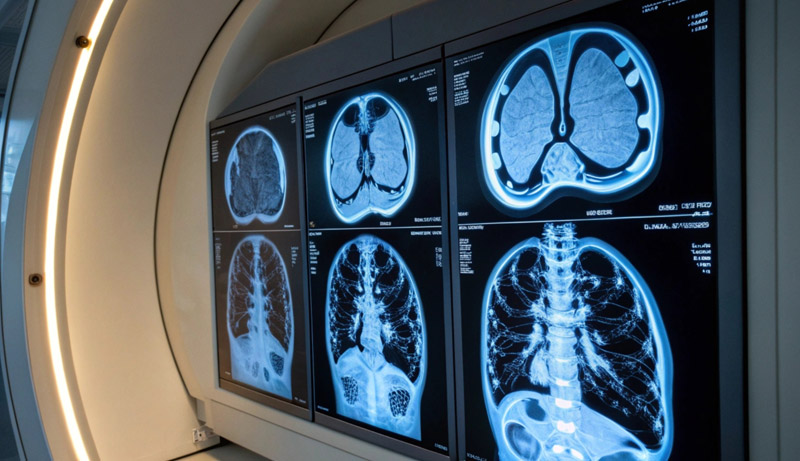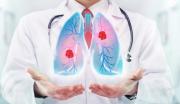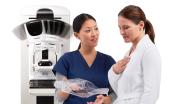
Facing the idea of a lung cancer screening can feel scary. Many people worry about what the results might show or what comes next. At Shore Medical Center, in partnership with Advanced Shore Imaging Associates in Northfield, we understand these fears. We want to reassure you that taking this crucial step — a simple, low-dose CT scan — can be lifesaving. Early detection gives you the best chance for treatment that is effective, less invasive, and successful.
Screening Criteria and What to Expect
Lung cancer often develops quietly, without obvious symptoms. That is why screening is so important for adults aged 50 to 80 who have a 20 pack-year smoking history and currently smoke or have quit within the past 15 years. A pack-year measures smoking over time. One pack-year equals smoking one pack of cigarettes per day for one year. For example, someone who smoked one pack per day for 20 years or two packs per day for 10 years would have a 20 pack-year history. Screening is meant for people without symptoms, so that potential cancers can be caught early, when treatment is most effective.
Greg Martello, a radiologic technologist at Advanced Shore Imaging Associates, performs these scans every day. He describes the process as quick, painless, and easy to tolerate. “The scan takes only a few minutes. You lie comfortably on the table while the machine captures detailed images of your lungs. There are no injections or needles. Afterward, our radiologists carefully review every image to make sure nothing is missed,” he says. Many patients arrive feeling anxious or scared, but Greg adds, “Almost everyone leaves feeling relieved. Simply taking this step to look after your health can give a huge sense of peace.”
Why Early Detection Matters
The most common type of lung cancer is non-small cell lung cancer (NSCLC). Survival rates are far better when cancer is found early. About 63 percent of patients with localized NSCLC live at least five years after diagnosis, compared with only 35 percent for cancer that has spread regionally and 7 percent for distant-stage disease. This demonstrates the power of early detection: the sooner a cancer is found, the better the treatment can work.
Treatment for early-stage lung cancer has made tremendous progress. For medically fit patients, surgery remains the most effective approach, often using minimally invasive techniques such as video-assisted thoracoscopic surgery. Thorough staging, including imaging and lymph node evaluation, helps ensure accurate diagnosis and the best surgical outcome. For those unable to undergo surgery, stereotactic body radiation therapy (SBRT) offers a highly precise, non-invasive alternative. Additional therapies, including chemotherapy, targeted treatments for specific gene mutations like EGFR or ALK, and neoadjuvant chemoimmunotherapy before surgery, have improved outcomes and survival.
Expert, Compassionate Care Close to Home
Radiation oncologist Dr. John Wilson, a Penn Medicine physician caring for patients at Shore Cancer Center, emphasizes the importance of coordinated care. “Shore works closely with Penn to provide seamless treatment. Surgery to remove cancer may be done at Penn, while radiation and chemotherapy are delivered here at Shore. This collaboration allows patients to get expert care close to home.”
Medical oncologist Dr. Vijay Sandilya of Shore Cancer Center adds, “Our team supports patients every step of the way. From the moment of diagnosis through surgery, radiation, chemotherapy, and follow-up care, we create a personalized plan to provide the most effective treatment for each individual.”
Take Control of Your Lung Health
For people who meet the screening criteria, an LDCT scan can be a life-saving step. It is normal to feel nervous, but the scan is quick, easy, and gives you information that could make all the difference. Early detection allows treatment to be more effective, recovery to be smoother, and, most importantly, survival rates to improve.
Taking this step today can give you peace of mind and the best chance for a healthy future. We encourage you to schedule your screening and to share this information with loved ones who might benefit.
Take control of your lung health today by scheduling your LDCT at Advanced Shore Imaging Associates in Northfield at 609-380-4175. Early detection is the key to better outcomes and greater reassurance for you and your family. Learn more at www.advancedshoreimaging.com.










